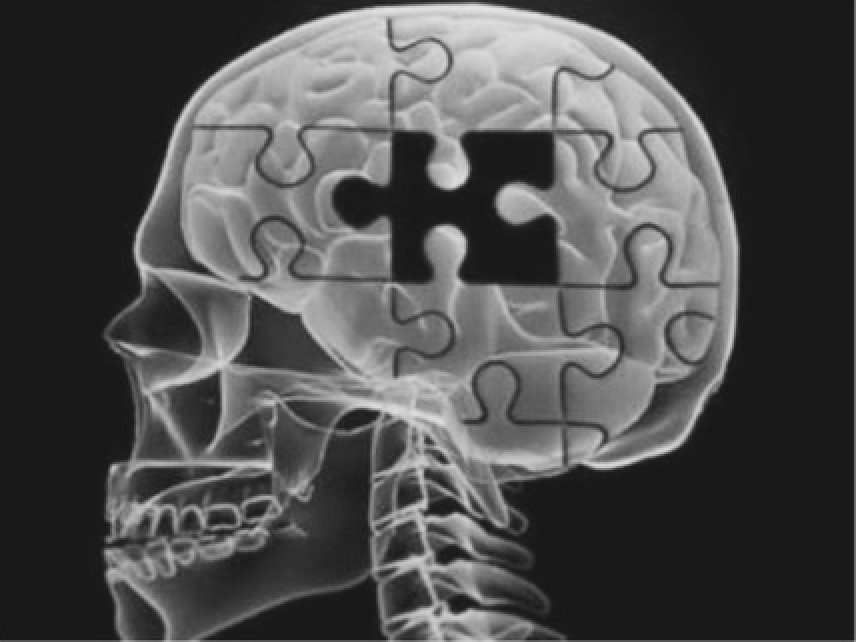My mother-in-law has Alzheimer’s.
This is not only a disease that can deteriorate a mind, but one that can kill a spirit.
I met my mother-in-law a little more than six years ago. She was an inquisitive, welcoming woman who wanted to make sure everyone was happy and fed. She had a million questions about how your life was going, and she never let lulls enter into the conversation. In the short time since we met, she has slowly and sometimes not so slowly, been succumbing to this disease called Alzheimer’s. She often knows something is wrong, and it frustrates her greatly. When she forgets things, she gets annoyed with herself and constantly apologizes. She would probably be happier if she could just shrug it off and say, “Gee, I forgot; why don’t you tell me again?” Instead she says, “I forget. Oh, I forget. I forget! Oh, I can’t remember” as she gets more and more frustrated with herself.

Recently, I stopped by to see how my mother and father-in-law were doing. I popped up unexpectedly at their door. My mother-in-law grabbed my arms when I walked in and said, “I’m sorry, but who are you?” I had to explain our relationship several times before she appeared to understand. I knew this day was coming, and I totally get it, but it is just a clue to the continued deterioration of her memory and abilities.
She is now at a point where she needs to be told what to wear, and when to change clothes, and when to brush her teeth. This independent and feisty woman is almost totally dependent upon others and is frustrated and sometimes angry. She now has trouble putting her thoughts into words. While she knows there is something she wants to say, she just can’t find the words to say it. And she constantly struggles to remember people she saw or places she has been. She often says, “Have I ever been here before?” or “Did I ever meet that person?” Often she has to leave the room because she just doesn’t know what is going on and it bothers her. Obviously, her mind is not what it once was.
This disease is one that not only affects the person with the illness, but the entire family and others who come in contact with them. As people around must repeat themselves 15 times or more, impatience can be rampant. Imagine spending years with someone making memories and now they don’t remember anything you did together. The family has to deal with this daily. They are the keeper of their history.
For my father-in-law, that must be a sad place to be. No more shared laughs over some silly thing that happened at a family dinner. And no more meaningful glances over a remembered romantic moment on a vacation. Imagine asking a person with diminished memory to help you prepare dinner by asking them, for example, to get the mayonnaise out of the refrigerator. They stand in front of the open door and ask what they are looking for, and what does it look like, and where is it. The simplest of tasks are no longer simple. Repeating instructions becomes a way of life.
So what’s my point in sharing this?
If you are dealing with a family member with Alzheimer’s, please know that you are not alone in your frustration, anger, sadness, and other feelings. At the same time, please remember the person who is struggling with the disease simply cannot remember. Therefore, patience and compassion are the name of the game. For caregivers, you must schedule time for yourself to recoup your energy. Whether that means getting regular support in the house when it’s still an option, or whether that means taking a bit of time daily for exercise or meditation, you must figure out a way do that.
If you know another family dealing with Alzheimers, volunteer to stop by and visit with the family. Luckily, my in-laws have a good support system of family, friends and neighbors. Not everyone is so fortunate. And for those of you whose families have not yet been impacted by this disease, perhaps investigate whether there are ways you can help. The Alzheimer organization indicates about 5.5 million people in the United States currently have this disease, and there is still no cure or prevention. This is a horrible and scary disease that I hope I never get. I am definitely going to do what I can to help support the research towards a cure. I don’t want to ever say to someone, “I’m sorry, but who are you?”